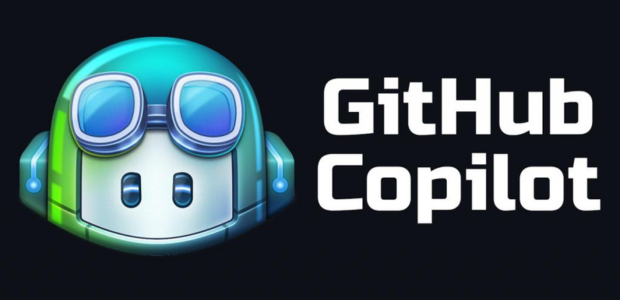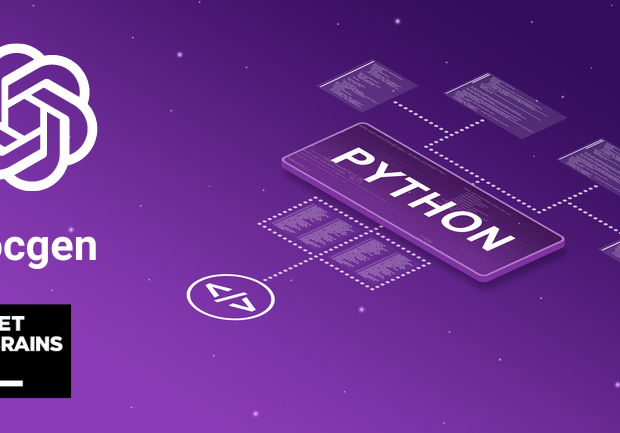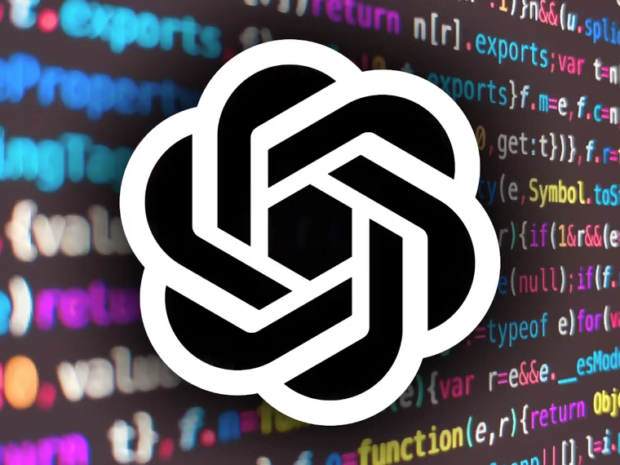Blog
This blog is intended for software system engineers, architects and managers or people generally interested in development, testing and integration of software systems. It is part of profiq’s community effort that has the objective of sharing knowledge and ideas about software system integration, testing and development.
In addition to this technical content, we share updates about life at profiq.
Posted 3 weeks ago by Milos Svana
Me and many of my colleagues at profiq use Notion for note-taking and work organization. Our workspaces contain a lot of knowledge about our work, plans, or the articles or books we read. At some point, a thought came to my mind: couldn’t we use all this knowledge to come up with project ideas suited to our skills and interests?
Read article
Posted 3 months ago by Milos Svana
It has been over a year since OpenAI introduced ChatGPT and brought the power of AI and large language models (LLMs) to the average consumer. But we could argue that introducing APIs for seamlessly integrating large language models into apps developed by companies and independent hackers all over the world can be the true game changer in the long term. Developers are having heated discussions about how we can utilize this technology to develop truly useful apps that provide real value instead of just copying what OpenAI does. We want to contribute to this discussion by showing you how we think about developing autonomous agents at profiq. But first a bit of background.
Read article
Posted 8 months ago by Jakub Janoska
AI and AI-powered development have become incredibly hot topics in the technology industry. The potential of AI to revolutionize various fields is widely acknowledged, and while impressive, is still being developed. Researchers, developers, and organizations are actively exploring new ways to use AI. In this dynamic landscape, we at profiq are constantly seeking out and […]
Read article
Posted 9 months ago by Martin Dluhos
Phoenix is a popular Elixir web framework for building scalable, high-performance web applications. If you are building a large-scale Phoenix-based application platform, then you would most likely have a DevOps person or a DevOps team to deploy it in GCP or AWS with a Kubernetes orchestration engine. If you’re developing your app on your own […]
Read article
Posted 10 months ago by Anke Corbin
When a user has a problem or an issue, it might seem logical to stop the conversation and immediately jump in with a solution. However, this can prevent us from truly understanding the customer’s needs and getting a broader view of the issue at hand. Active listening is an important component of any job – […]
Read article
Posted 10 months ago by Milos Svana
For a long time, we have dreamt about systems able to answer questions related to a set of text documents — a next-gen search engine. As developers, we spend a significant portion of our time reading through documentation, trying to solve a specific problem. We are not alone. People in many other fields face similar […]
Read article
Posted 11 months ago by Martin Dluhos
Innovation is at the core of Profiq’s mission. Arguably, the most innovative development in technology recently is ChatGPT, developed by OpenAI. In an earlier article, we explored OpenAI’s Codex model, which we used for code generation and editing. In this follow-up article, we share our experience leveraging OpenAI’s models programmatically via its API, for creating […]
Read article
Posted 1 year ago by Martin Dluhos
If you’ve been following the news in the IT world, you’ve surely heard about OpenAI. For the past few months, this company has made headlines with its excellent AI language models. OpenAI is best-known for ChatGPT, a user-friendly, chatbot-like tool that’s being used to simplify the content creation process. Beside ChatGPT, their offering also used […]
Read article
Posted 1 year ago by Milos Svana
More and more companies are integrating machine learning (ML) and artificial intelligence (AI) into their products. Last year was unusually fruitful. We experienced the release of Github Copilot, DALL-E 2, Stable Diffusion, ChatGPT and many other interesting AI services. Getting your company onboard with ML and AI can be challenging. The number of experts in […]
Read article
Posted 1 year ago by Milos Svana
A well-designed API is both an important business driver and a must if you want to split your software product into smaller modules. Whether you decide to deploy your app as a set of microservices or separate the client-side rendered frontend from the backend, you need to think about how the individual components will interact […]
Read article









